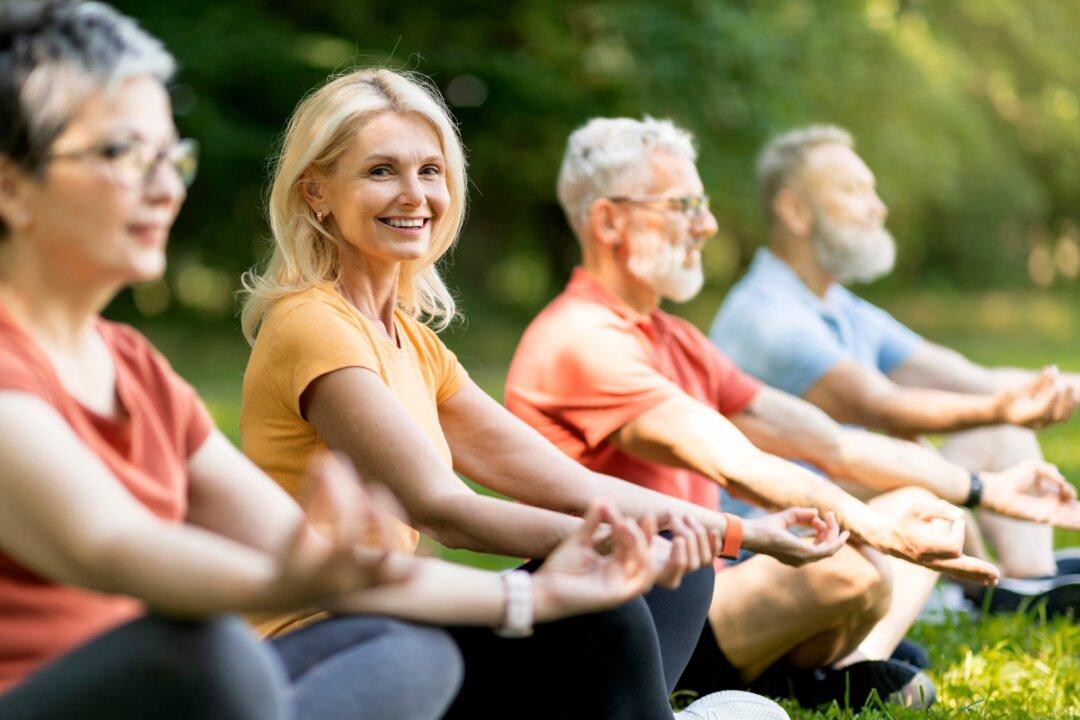By Martha McCully
From Kiplinger’s Personal Finance
No one likes to feel lonely. Even worse is how loneliness and social isolation can affect your health.

No one likes to feel lonely. Even worse is how loneliness and social isolation can affect your health.